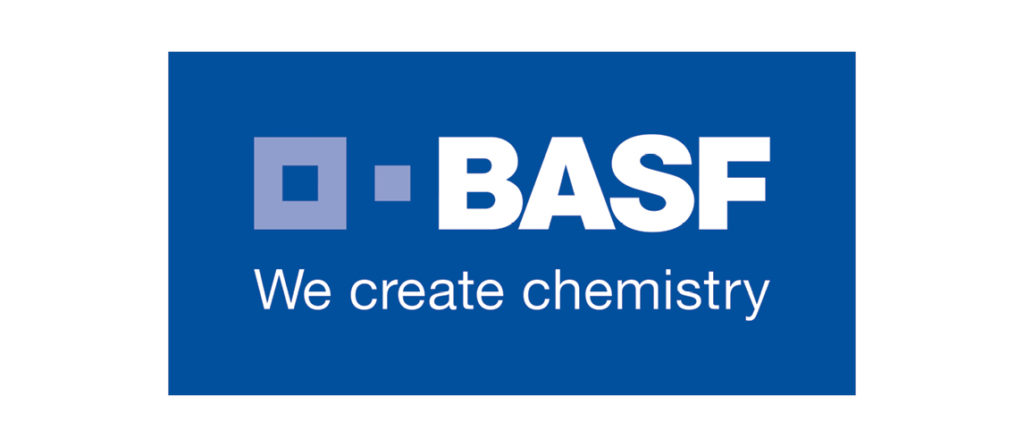BASF introduces new chlorine thing in the fight against malaria
The World Health Organisation (WHO) has given its recommendation for a novel, game-changing mosquito net containing chlorine chemistry from Euro Chlor member company BASF.
Developed from a 10-year collaboration with the Innovative Vector Control Consortium (IVCC) and the London School of Hygiene & Tropical Medicine, BASF hope that this new net, and subsequent spray, will prove vital in the fight against malaria.
Around the world, every two minutes, a child dies from malaria and there are more than 200 million new cases each year. Long-lasting insecticide-treated mosquito nets and indoor sprays are essential in preventing malaria, particularly in sub-Saharan Africa. But many countries are already reporting mosquitos that are not killed by exisiting insecticides. Prolonged use of some current insecticides has allowed the highly adaptable mosquito to develop significant levels of resistance. However, the new chlorfenapyr-based product from BASF will hopefully change this with trials in Benin, Burkina Faso, Tanzania and Ivory Coast proving effectiveness against local, insecticide-resistant mosquitoes.
BASF’s scientists have successfully harnessed chlorfenapyr for use in mosquito nets which meet stringent WHO public health criteria, leading to the first WHO recommended substance in over 30 years.
Chlorfenapyr is a chlorine containing insecticide that has been developed from a microorganism. Whilst it has been in use in agriculture and urban pest-control for over 20 years, this is the first time it has been applied in the fight against malaria, particularly in netting. As it works by disrupting energy production in mosquitoes, it makes it unlikely that certain types of mosquito resistance will appear.
The new mosquito net is expected to be available by the end of this year. Egon Weinmuller, Head of BASF’s public health division noted that “new resistance management products are desperately needed to prevent mosquito-borne diseases and save lives”.
Further information is available on www.publichealth.basf.com.

